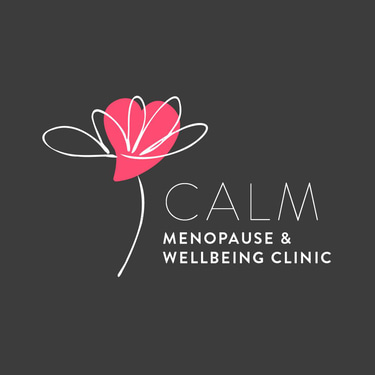Understanding Contraception Needs During Perimenopause and Menopause
8/20/20252 min read


What is Perimenopause and Menopause?
Perimenopause and menopause are crucial stages in a woman's life that signify the conclusion of her reproductive years. Perimenopause can start in a woman’s 30s or 40s and is marked by hormonal fluctuations leading to irregular menstrual cycles. Menopause is formally diagnosed when a woman has not experienced a menstrual period for twelve consecutive months, commonly occurring in the late 40s or early 50s. These transitions raise questions about the necessity of contraception and should be addressed by healthcare professionals.
The Need for Contraception
Many women are unaware that contraception remains important during perimenopause and menopause. For those who are sexually active and wish to avoid pregnancy, understanding contraception is vital. During perimenopause, ovulation may still take place, although less often. This implies that even with irregular menstrual cycles, there remains a risk of pregnancy until menopause is reached. Thus, it is recommended to use contraception if pregnancy is not wanted, regardless of age.
Duration of Contraceptive Use
The length of time a woman should think about using contraception during perimenopause is often not given enough attention. Generally, if a woman has been 1 year past the age of 50 without a period, or 2 years under the age of 50, contraception may no longer be necessary. Given that perimenopause can extend over several years and its transition to menopause can be uncertain, discussing contraceptive options with a healthcare provider is crucial. Contraceptive methods may encompass hormonal alternatives such as contraceptive pills, progesterone implants, intrauterine devices (IUDs), as well as non-hormonal methods like condoms and copper IUDs.
Furthermore, the choice of contraception can be influenced by individual health factors and personal preferences. Women should be informed about the changes in their menstrual cycles and the potential for conception during this transitional phase. Seeking advice from a healthcare professional is essential to customise the most suitable contraceptive approach based on individual health history and lifestyle.
Contraception and Hormone Replacement Therapy (HRT)
Many women will need to utilise both contraception and HRT together, whether that involves having a Levonorgestrel-IUD for contraception alongside endometrial protection or using the progesterone-only pill, implant, or copper-IUD in conjunction with HRT. There are also two combined oral contraceptive (COC) pills that contain the same Estradiol as HRT, which can be prescribed to women under the age of 50 who do not have contraindications (c/i) to COC (c/i include migraines, BMI >30, smoking over age 35, and any VTE risk). These pills, Qlaira and Zoley, can help alleviate symptoms of perimenopause, reduce heavy periods, and provide contraception.
A woman must continue using contraception until she turns 55 unless she has a blood test showing an FSH >30 mmol/l; even then, she is recommended to use contraception for one more year before ceasing. HRT is not a contraceptive method. Some women might opt to keep a Levonorgestrel-IUD for 8 years for contraception, or if it was inserted after turning 45 years old, it may remain until she is 55, but it should not be relied on as part of HRT for endometrial protection after 5 years, meaning another form of progesterone must be administered to ensure endometrial safety concurrently.
Conclusion
In summary, contraception during the perimenopause and menopause phases is not just important; it is a vital component of reproductive health. Women should engage in proactive conversations with healthcare providers to explore their options and determine how long they should continue using contraception. By taking such initiatives, women can make informed decisions regarding their reproductive health during this life-altering phase.
Contact:
website: calmmenopause.co.uk
Telephone: 07511039004
© 2024. All rights reserved.
email: vikki@calmmenopause.co.uk


